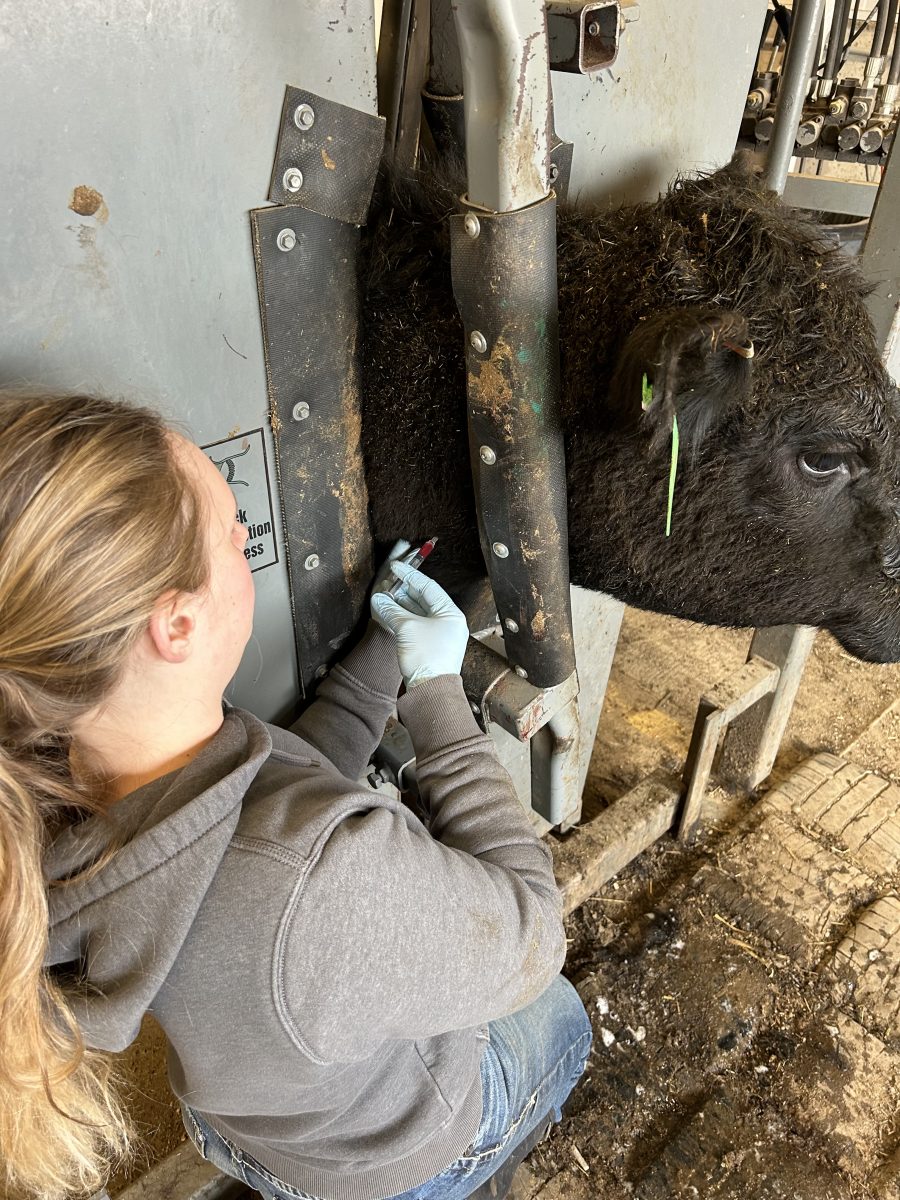Academic Senate amendments would kick student senators out
April 17, 2007
Jeremy Fugleberg
Students and administrators may lose their seats on the Academic Senate if proposed amendments to the group’s constitution are approved by the faculty.
An all-faculty meeting is scheduled to vote on the proposed changes, which were penned by an anonymous writer.
The proposed amendments were submitted earlier this semester with a petition that required the Academic Senate call for the vote, set for April 30 from 4 p.m. to 5 p.m. in the Volstorff Ballroom West in The Union.
“The framer of these amendments has not publicly referred to him or herself,” said Joel Hefling, chairman of the senate and a communications studies and theatre professor.
The amendments also make changes to the senate voting process and alter the makeup of the executive committee that leads the group.
“There are some articles in the amendments that seem to intend to fix things that are not broken,” said Hefling. “There are likely some proposals in the amendments that are going to be unworkable.”
Gary Aguiar, a political science professor and an academic senator, has explained and spoken in support of the amendments at senate meetings, but could not be reached for comment.
The senate’s executive committee is comprised of Hefling and four other faculty members. The amendments and an anonymous explanation circulated to some faculty members drove the committee to fire back with an April 13 e-mail to the entire faculty.
In the e-mail, obtained by The Collegian, the committee agrees that some of the suggestions might be worthwhile. But it strongly objects to parts of the amendment explanation that railed against the “conflict and turmoil” caused by the committee’s “exclusion of minority voices.” The committee also strongly objects to kicking students or administrators out of the senate.
“We are adamantly opposed to this amendment. We think that that would be a bad mistake,” said Hefling. “The Academic Senate, and faculty at large and the (Students’ Association) have all benefited from having those members on the senate. It has opened lines of communications that are very valuable.”
Asked about the motivations behind the amendments, Hefling said he would assume it’s from faculty members who don’t trust the executive committee or the administration.
“They feel that that administration does not always act in the best interest of the faculty. And it appears that some of that dissatisfaction is behind these amendments,” he said.
The senate constitution requires that all-faculty meetings occur between Oct. 1 and May 1, so the executive committee scrambledto put together a time and facility that will let faculty members vote on the proposed changes.
An informational meeting is set for Wednesday, April 25, at 3:30 pm in the Lewis and Clark room of The Union. At the meeting, both supporters and detractors of the amendments will get a chance to speak. Also, a question-and-answer time is scheduled.
Hefling said he is guessing those against the amendments will include academic senators and members of the executive committee.
So who will speak in favor of the amendments? Hefling isn’t sure.
“One of the struggles the executive committee is having right now is that the framers of the proposed amendments have not claimed authorship,” he said. “It helps to know who you’re talking to.”
#1.883515:1228948472.jpg:academicsenate.jn.jpg:Acadmic Senate Chair Joel Hefling motions for a senator to speak during an Academic Senate meeting April 10.:




















